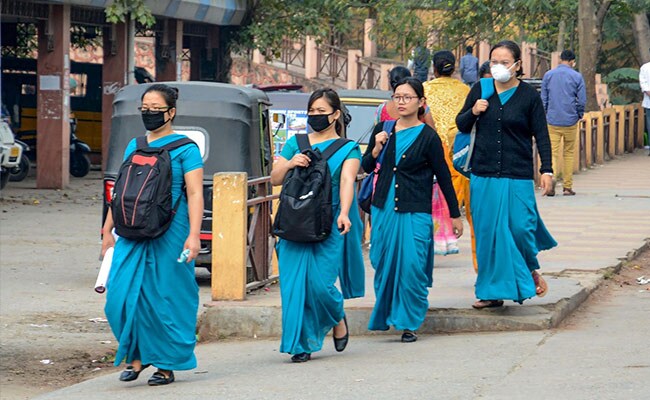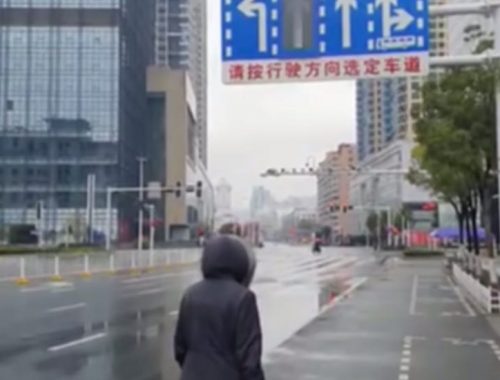By Sanjay KumarJul
NEW DELHI—The apparent speed at which an Indian government agency aims to test and approve a homegrown COVID-19 vaccine has created an uproar among scientists both in India, which is increasingly overwhelmed by the new coronavirus, and abroad. A letter leaked on Twitter on Friday suggests the first vaccines could be rolled out by 15 August, which would leave far too little time for proper testing, critics say. The Indian Academy of Sciences calls the timeline “unreasonable and without precedent.”
Six Indian companies are developing vaccines against COVID-19. Last week, the Indian government gave two of them, Bharat Biotech and Zydus Cadila, permission to start phase I and II human clinical trials of their most advanced vaccines, named covaxin and ZyCov-D respectively.
Related
Francis Collins, Director of the National Institutes of Health (NIH), holds up a model of COVID-19.
Operation Warp Speed’s opaque choices of COVID-19 vaccines draw Senate scrutiny
a health care worker in protective gear cares for a patient
One U.K. trial is transforming COVID-19 treatment. Why haven’t others delivered more results?
A pregnant woman getting a scan
The line is forming for a COVID-19 vaccine. Who should be at the front?
See all of our coverage of the coronavirus outbreak
For covaxin, Bharat Biotech has joined with the National Institute of Virology, which is part of the Indian Council of Medical Research (ICMR). (The company is separately developing COVID-19 vaccine candidates in collaboration with Thomas Jefferson University in Philadelphia and the University of Wisconsin, Madison.)
ICMR Director-General Balram Bhargava revealed the extremely tight deadline in a letter to hospitals designated to be involved in the Covaxin studies. “It is envisaged to launch the vaccine for public health use latest by 15 August 2020 after completion of all clinical trials,” Bhargava wrote. He asked the hospitals to fast-track all approvals for the vaccine and be ready to enroll participants “no later than 7 July 2020,” adding that “noncompliance will be viewed very seriously.”
But it’s absurd to think studies could show a vaccine to be safe and effective in less than 2 months, many scientists say. “In my knowledge, such an accelerated development pathway has never ever been done for any kind of vaccine,” says Anant Bhan, an independent ethics and policy researcher and past president of the International Association of Bioethics. “This seems really, really rushed.” The timeline “carries potential risks and provides inadequate attention to required safety procedures,” Bhan adds.
“Clinical trials cannot be rushed,” concurs Indian virologist and veteran vaccine researcher Thekkekara Jacob John, formerly of the Christian Medical College in Vellore. Even when expedited, phase I and phase II trials will take a minimum of 5 months, he says. The duration of a phase III trial would depend on several factors, including the number of subjects enrolled and decisions by a data safety monitoring board, but would probably add at least another 6 months, Jacob John says. “ICMR’s intentions may be good but the processes have been vitiated and the risk is it can derail the vaccine,” he says.
Critics believe the target date is political: 15 August is India’s Independence Day, when Prime Minister Narendra Modi traditionally climbs the ramparts of the Red Fort in Delhi to give a long speech touting his government’s achievements and make major announcements.




